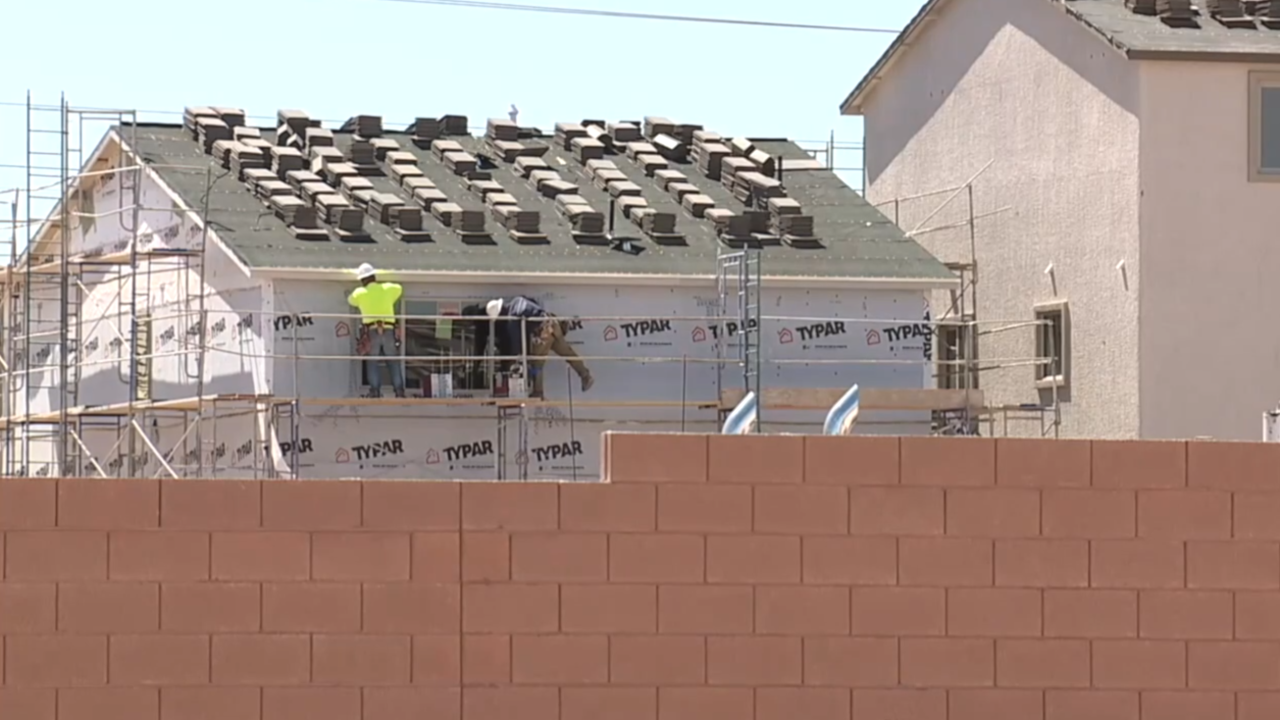Trump delivers on Vegas-born promise as ‘no tax on tips’ becomes reality

A campaign promise first made at a Las Vegas rally has become law, as President Trump’s massive tax reform package eliminates federal income taxes on tips for millions of service workers across the country.
The House approved the $4.5 trillion “One Big Beautiful Bill Act” on Thursday in a 218-214 vote, with the legislation expected to be signed by Trump on Friday afternoon. The sweeping 800-page bill includes numerous tax changes, but for Las Vegas workers, the elimination of taxes on cash tips stands out as particularly significant.
How it works
Starting in 2025, tipped workers can deduct up to $25,000 in cash tips from their federal taxable income annually. The provision, which runs through 2028, phases out for individuals earning more than $150,000 per year or couples filing jointly making over $300,000.
The White House estimates this change will increase the average take-home pay for tipped workers by $1,675 per year. However, there are important limitations:
- Only cash tips qualify for the deduction, not credit card tips
- Workers still owe payroll taxes for Social Security and Medicare
- State and local taxes on tips remain in place
- The benefit expires after 2028 unless Congress extends it
Las Vegas workers react
The reaction from Las Vegas service industry workers has been mixed, reflecting the diverse ways tips are received in the modern economy.
“A tip is a tip,” said John Hasler, a barber at Downtown Vintage Barbershop who receives mostly cash tips. “I don’t think the government should have been taxing that to begin with, so I’m all for it.”
At Atomic Liquors, general manager Andrew Mendez sees real benefits for his staff. “We’re a pretty cash-intensive bar, so it’ll be a real positive impact for these guys,” he said, adding that the overtime tax elimination will also help workers during a difficult period for Vegas food and beverage businesses.
However, Crystal Chamberlin, a server at Makers and Finders in the Arts District, expressed skepticism. Since most of her tips come through credit cards, she won’t see much benefit. “Not being taxed on it might help now, but I think in the long run we’re gonna be taxed somewhere,” she said.
Political divide
The bill passed along partisan lines, with Nevada’s Democratic congressional delegation opposing the package despite supporting the concept of eliminating taxes on tips. Rep. Steven Horsford attempted to amend the bill to make the tip tax elimination permanent and close potential loopholes, but his amendments failed.
“There is no spin for the human suffering they’re causing,” Horsford said, criticizing the broader bill’s impact on healthcare coverage and the national debt. Democrats argue the package will cause over 110,000 Nevadans to lose health insurance while adding trillions to the deficit.
Republicans counter that the bill prevents what would have been a 22% tax hike for average Americans. Gov. Joe Lombardo praised the passage as “a huge win for hardworking Nevadans,” while Rep. Mark Amodei said the House delivered on promises to “rein in out-of-control spending” and “drive economic growth.”
What’s next
The Treasury Department and IRS will issue guidance on implementation within 90 days of the bill becoming law, including a full list of eligible occupations. Tax experts advise tipped workers to wait for this official guidance before adjusting their W-4 withholdings.
One interesting side effect mentioned by industry professionals: more workers might now accurately report their cash tips, knowing they won’t be taxed on them federally. “There are people in the industry who don’t claim all their cash tips on their tax forms, so more people could claim cash on tips now,” Mendez noted.
For a city built on hospitality and service, this tax change represents a significant shift. Whether it ultimately helps Las Vegas workers will depend on how many receive cash versus credit card tips, and whether Congress extends the provision beyond 2028.
The bill also eliminates taxes on overtime pay up to $12,500 for individuals and includes other provisions like deductions for car loan interest on American-made vehicles through 2028.
Category: Politics, Business
Subcategory: Community Impact
Date: 07/04/2025




